[ad_1]
An agreement was reached to connect Iraq’s electricity grid with the GCC in an effort to reduce its dependence on Iran.
US President Joe Biden was placed on the hot seat by journalists at a Friday press briefing in Jeddah, where he is scheduled to attend a high-profile GCC+3 Summit the following day.
Human rights was a high priority for members of press who questioned the president’s apparent switch in stance with regards to Saudi Arabia, especially following the killing of Saudi journalist Jamal Khashoggi in 2018.
Biden said the matter was a top concern during his meeting with Saudi Crown Prime Mohammed bin Salman, commonly known as MbS. The US president has been heavily criticised for his visit by domestic and global rights groups who accused him of backtracking on his previous anti-Saudi stance.
“I made my view crystal clear. I said very straightforwardly: For an American President to be silent on an issue of human rights, is this consistent with — inconsistent with who we are and who I am? I’ll always stand up for our values,” said Biden.
Various investigations, including one by the CIA, concluded de-facto Saudi leader MbS ordered the horrific killing of the dissident back in 2018. Separately, a 2019 UN investigation concluded that the crime was a “premeditated extrajudicial execution”.
“[MbS] said he was not personally responsible for it. I indicated that he probably was. He said he was not personally responsible for it and he took action against those who were responsible,” Biden told the press in Saudi Arabia.
Khashoggi’s fiancée Hatice Cengiz wrote in an imagined tweet by her late partner that the blood of MbS’s next victim is on Biden’s hands. Responding to a question about Cengiz’s statement, Biden said “I’m sorry she feels that way.”
“I didn’t come here to meet with the crown prince. I came here to meet with the GCC and nine leaders to deal with the security and the needs of the free world, and particularly the United States, and not leave a vacuum here, which is happening as it has in other parts of the world,” added Biden.
In a follow up question, Biden was asked about his thoughts on the perceived icy fist bump between him and MbS, to which he refused to respond. He was also asked about being sure Saudi Arabia will not commit another murder of a dissident.
“God, love you. What a silly question. How could I possibly be sure of any of that? I just made it clear if anything occurs like that again, they’ll get that response and much more,” said Biden.
The US president added that while he cannot predict anything in the future, he wonders why the press is surprised by the way he reacts to such incidents.
“But I don’t know why you’re all so surprised by the way I react. No one has ever wondered did I mean what I say? The question is, do I sometimes say all that I mean?”
Prior to the briefing the question on whether the president still believed the kingdom was a “pariah” was thrown at Biden while he sat face to face with MbS.
The Saudi crown prince appeared to smile in response.
Responding to the same question during the briefing, Biden said, “I don’t regret anything I said.”
“I just answered your question, ‘Do I regret it?’ I don’t regret anything that I said. What happened to Khashoggi was outrageous,” said Biden, responding to a follow up question by another reporter.
Direct Israel-Saudi Arabia flight
Before receiving questions, Biden took the time to list his perceived accomplishments since first landing in Tel Aviv earlier in the week.
One such result for the Biden administration included the opening of direct flights between Israel and Saudi Arabia, with Biden president to directly travel from Tel Aviv to the kingdom.
The US president’s arrival in Jeddah came just hours after the Saudi civil aviation authority announced its decision to open its airspace for all carriers, including Israeli planes.
Biden described the development as “a big deal” as it raised global speculations over potential Saudi-Israeli normalisation.
“It means Saudi airspace is now open to flights to and from Israel. This is the first tangible step in the path of what I hope will eventually be a broader normalisation of relations,” said Biden.
Under the former Donald Trump administration, Bahrain, the UAE and Morocco signed the Abraham Accords, officially establishing diplomatic ties with the occupying state. Biden’s visit was widely viewed as an attempt to expand those accords to other nations in the region.
Israeli Prime Minister Yair Lapid said on Thursday that he hoped Biden would get Saudi Arabia, Qatar, Kuwait, Oman, and Iraq to establish similar ties with Tel Aviv. The statement was made during a joint press conference with Biden.
“I would like you [Biden] to pass them all a message from us: Our hand is outstretched for peace. We are ready to share our technology and experience, ready for our people to meet and learn about one another, ready for our scientists to collaborate and our businesses to cooperate,” said Lapid.
Tiran and Sanafir
The transfer of sovereignty for the Red Sea islands of Tiran and Sanafir from Egypt to Saudi Arabia was also listed as an achievement for Biden in the Middle East.
The US engaged in talks with Israel, Egypt and Saudi Arabia over the transfer, which was approved by Tel Aviv on Thursday. Washington worked on a framework that would enable the countries involved in the discussions to sign an agreement, without Saudi Arabia requiring to normalise with Israel.
“International peacekeepers, including US troops, will leave Tiran Island in the Red Sea, where they’ve been for over 40 years since the Camp David Accords. Five American soldiers died on this strategically located island in 2020, and it’s important to remember them today,” said Biden.
Under the 1978 Egyptian-Israeli peace treaty, also known as the Camp David Accords, the islands were transferred to Egypt territories. In 2018, the Egyptian supreme court green-lighted a deal to transfer the islands to Saudi Arabia.
Israelis wanted to ensure that the agreement would still enable its ships to freely navigate through the islands.
“This breakthrough, this island will be open to tourism and economic development while retaining all the necessary security arrangements and the present freedom of navigation of all parties, including Israel,” added Biden.
Iraq-GCC electricity grid
Biden also noted a link between Iraq’s electric grid and the GCC in an effort to reduce Baghdad’s dependence on Iran, a matter that is expected to be raised at the summit on Saturday.
“After years of failed efforts, we have now finalised an agreement to connect Iraq’s electric grid to the GCC grids through Kuwait and Saudi Arabia, deepening Iraq’s integration into the region and reducing its dependence on Iran,” said Biden.
Iraq heavily relies on Iran for gas and electricity imports due to a lack in essential facilities to process gas into fuel. Last year, Iran was unable to provide Iraq with the gas quantities the two sides agreed on, contributing to its energy crisis.
Baghdad would have to bypass Washington’s sanctions on Tehran to pay for its energy supply rather than directly paying Iran.
The sanctions were imposed on Iran by the US following Trump’s unilateral withdrawal from the Joint Comprehensive Plan of Action (JCPOA) in 2018.
The US State Department had granted Iraq a sanction waiver last December for 120-days, enabling it to import electricity from Iran to meet its energy needs.
Yemen ceasefire
The extension of the Yemen ceasefire was also raised during Biden’s meeting with MbS, who spearheaded the war back in 2015.
Biden said that the ceasefire, which initially came into effect in April, resulted “in the most peaceful period in Yemen in seven years”.
“We further agreed to pursue a diplomatic process to achieve a wider settlement in Yemen. The Saudi leadership also committed to continue to facilitate the delivery of food and humanitarian goods to civilians,” said Biden.
The UN initially announced a two-month ceasefire on 2 April, the first to take place since 2016 following years of escalations.
It was then extended in June, shortly before it was due to expire, raising hope in the war-torn country, where years of conflict has led to “the world’s worst humanitarian crisis.”
[ad_2]


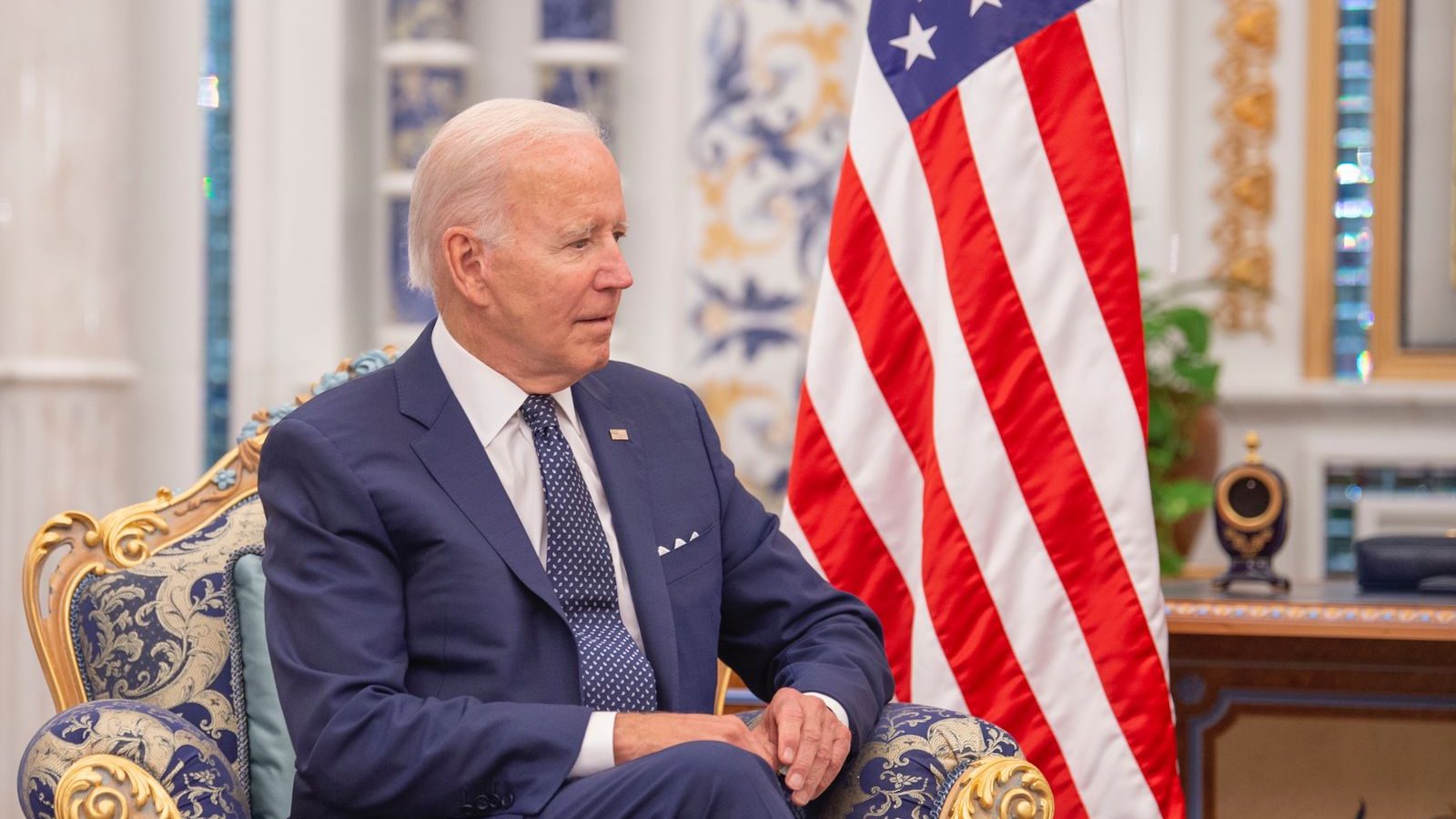
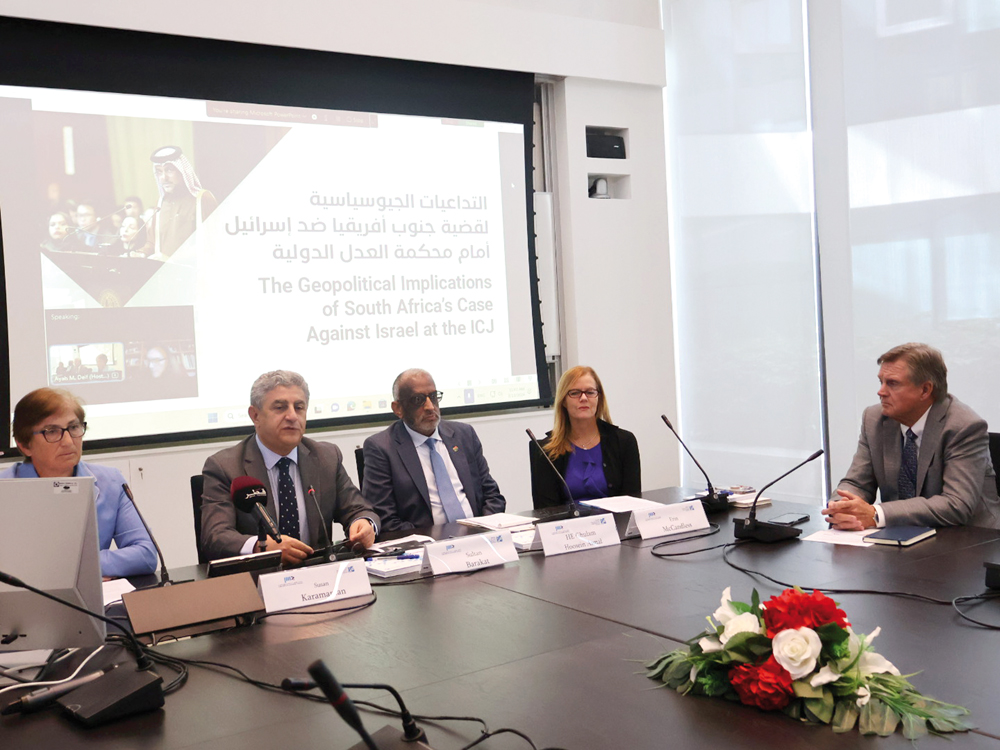
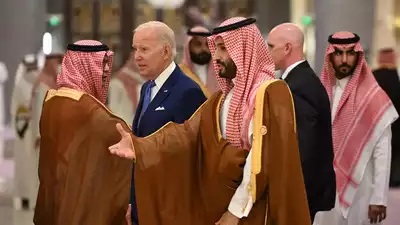
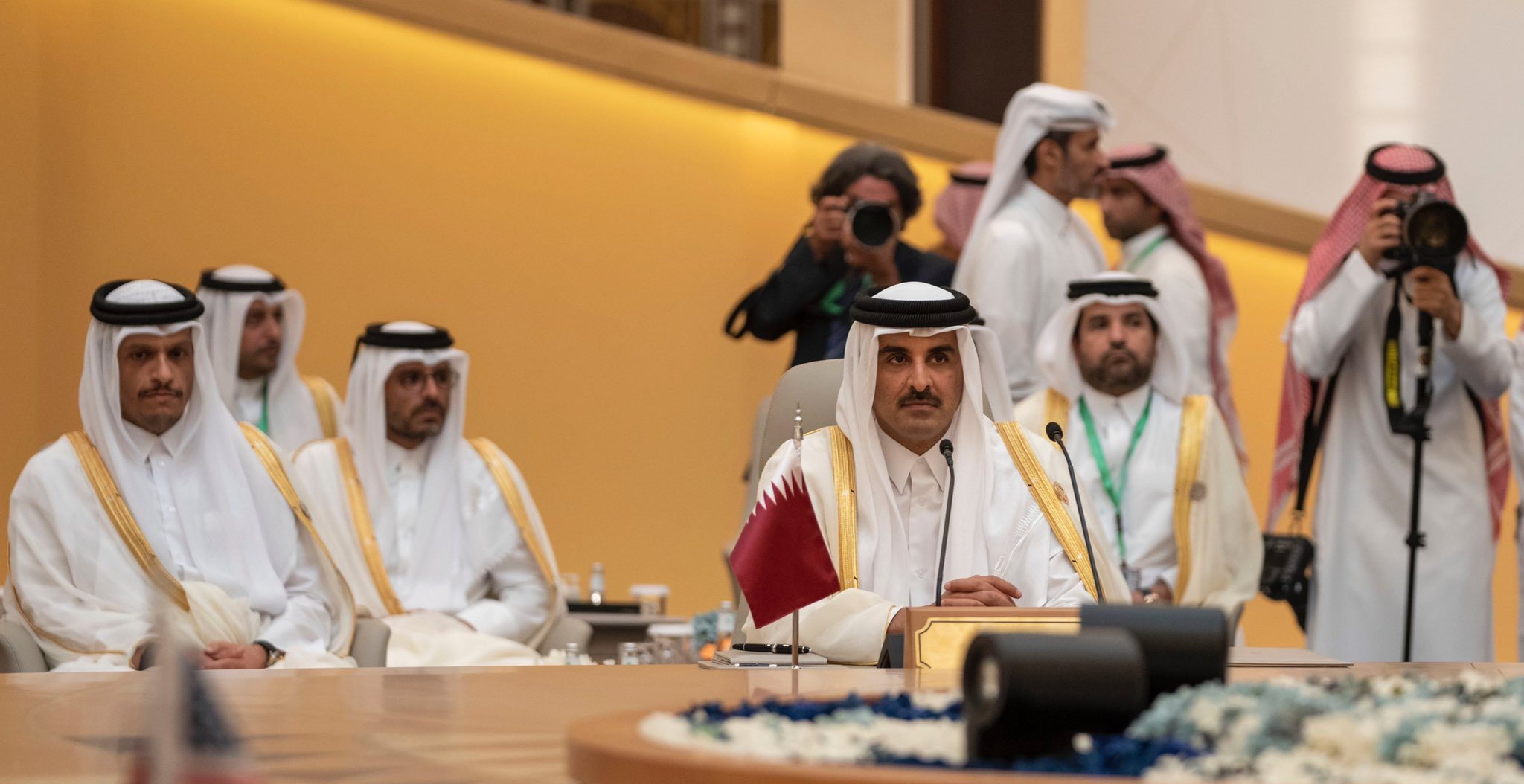
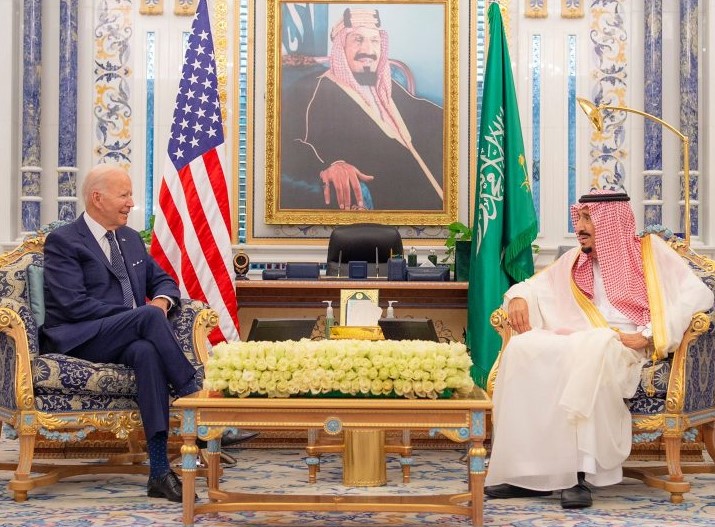

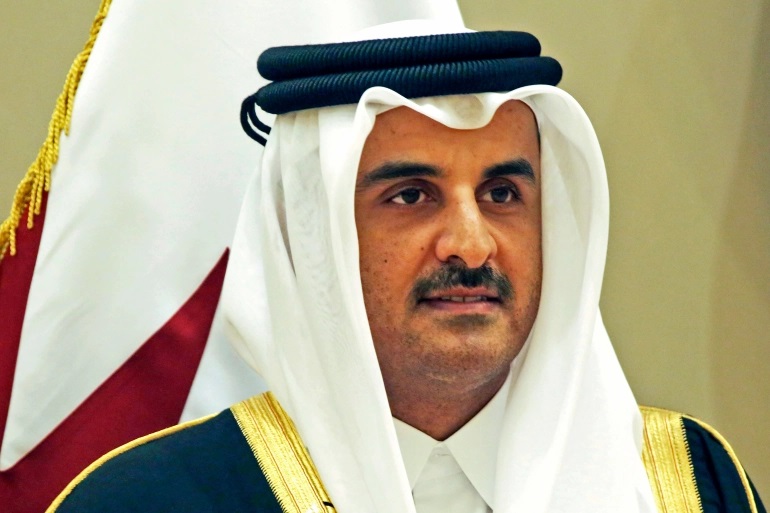
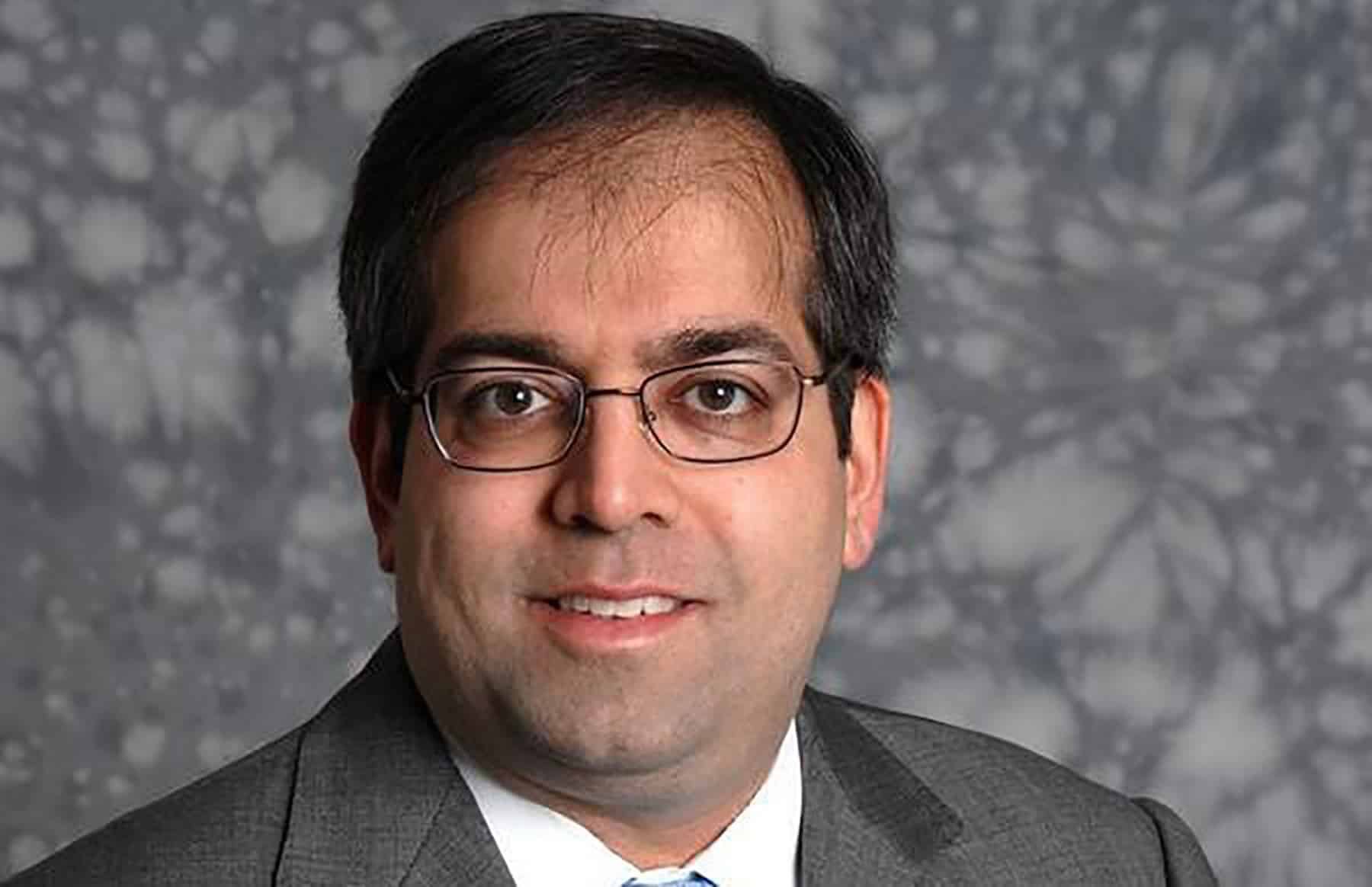

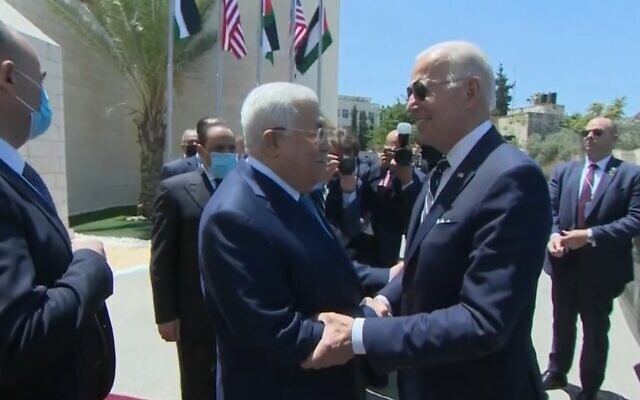
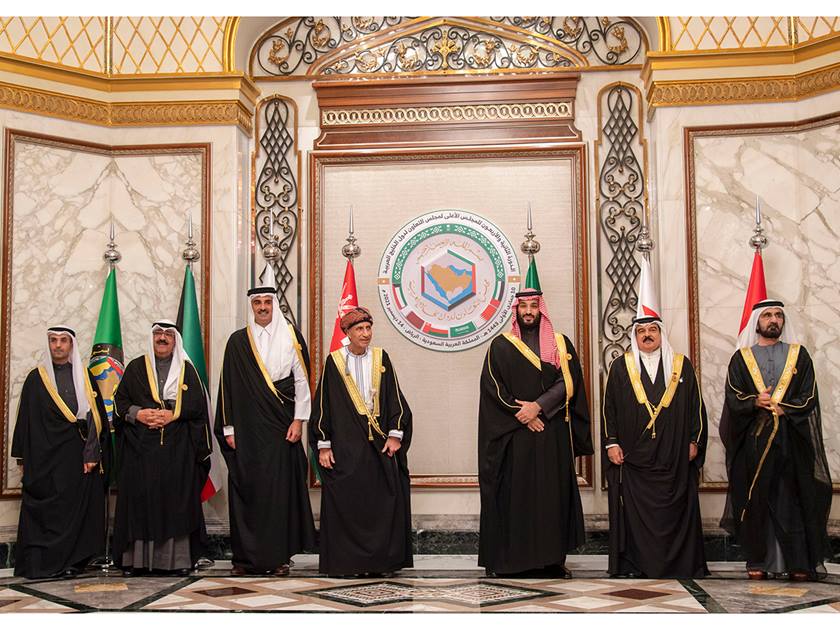




Leave a Reply